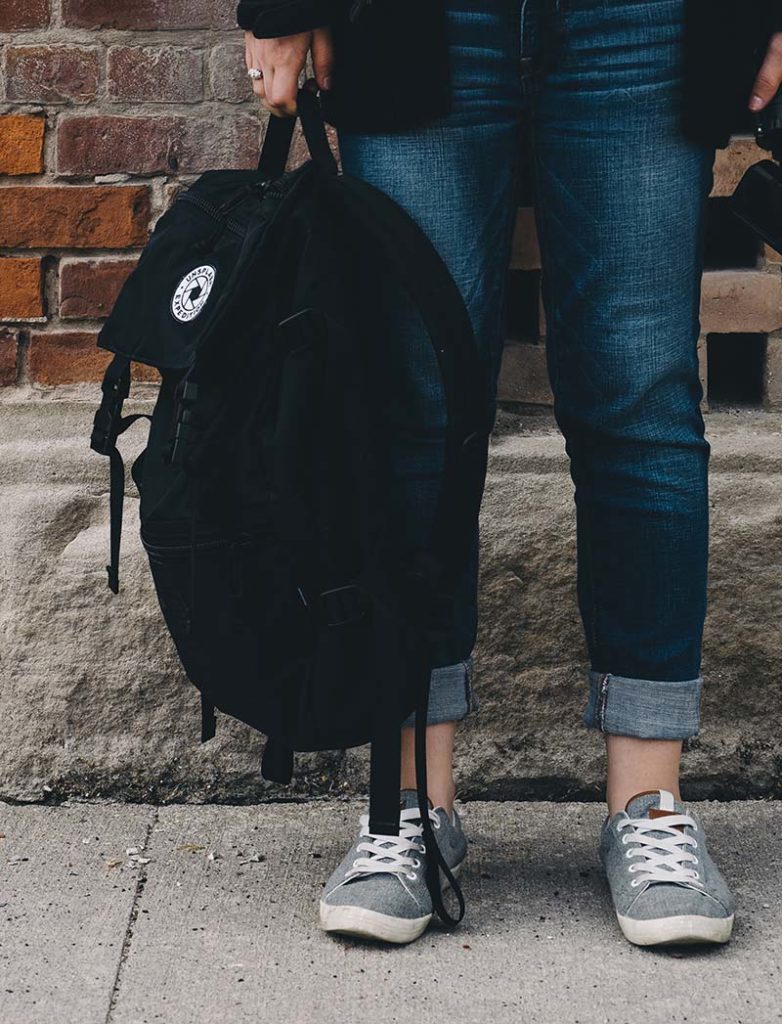It is important for students to be aware of the money they are spending on items such as food, entertainment, and clothing. Eating out can be particularly expensive in the United States. If the food is served at a restaurant, it is expected that the server is tipped 15-20% of the total bill. This may seem high for international students, but it is important to remember that servers in the United States have low pay and depend on these tips as a standard part of their income. There are often special student discounts at local restaurants and centers for entertainment like museums, sporting events, and movie theatres. It might also be feasible to have a part-time job, depending on visa restrictions, that can provide pocket money for these indirect costs. Living on a tight budget can help to reduce accumulating unnecessary debt as a student.
Many financial transactions in the United States are done by debit or credit card, so it is useful for international students to establish a bank account in the United States so they can have easy access to debit and credit cards. Also, in case of an emergency, it is helpful to have a credit card on hand to pay unexpected expenses. Checking accounts are a safe location where students can keep the money they will use for daily expenses and to pay bills. Money can be wired to a student’s checking account from overseas using the bank’s routing number and following any specific instructions for wiring money. Money can be withdrawn from readily available ATMs by using a debit card. A saving accounts is a place for keeping money that does not need to be used immediately. There is a small amount of interest that money in a savings account earns. In choosing a bank to open a checking and/or savings account, students may consider where branch office and ATMs are located and if they are within walking distance of campus. Other points to compare are minimum balance requirements and any monthly fees. Many banks offer services designed specifically for students.
If a bank does not offer credit cards with their checking or savings accounts, students may choose to apply to a credit card company for a credit card. Many U.S. credit card companies have options for university students with limited credit history. When deciding whether to get a credit card, applicants should know they will be required to submit a minimum monthly payment or a percentage of their monthly statement balance. It is important that students submit the minimum payment on time to avoid penalty fees and credit history damage. The best credit cards for international students are usually ones with no annual or foreign transaction fees. Students should be cautious with credit cards as it is easy to accrue debt that may be difficult to pay in the future.
Both banks and credit card companies usually require international students to provide a social security number (SSN) or Individual Taxpayer Identification Number (ITIN) as part of the application process. In order to have a SSN or ITIN, students must either have a U.S. work permit or be required to pay U.S. taxes. However, if applicants do not have these, a valid passport (from their home country), student visa, student ID card, and contact details, such as address in the United States may be adequate.

